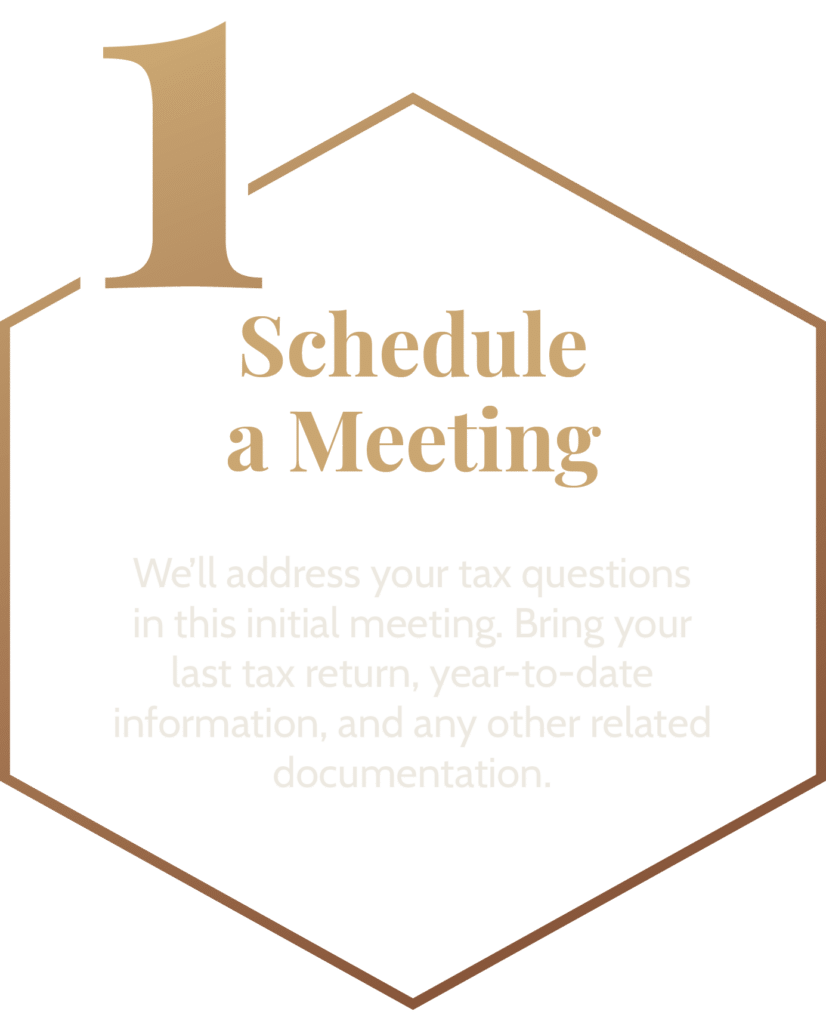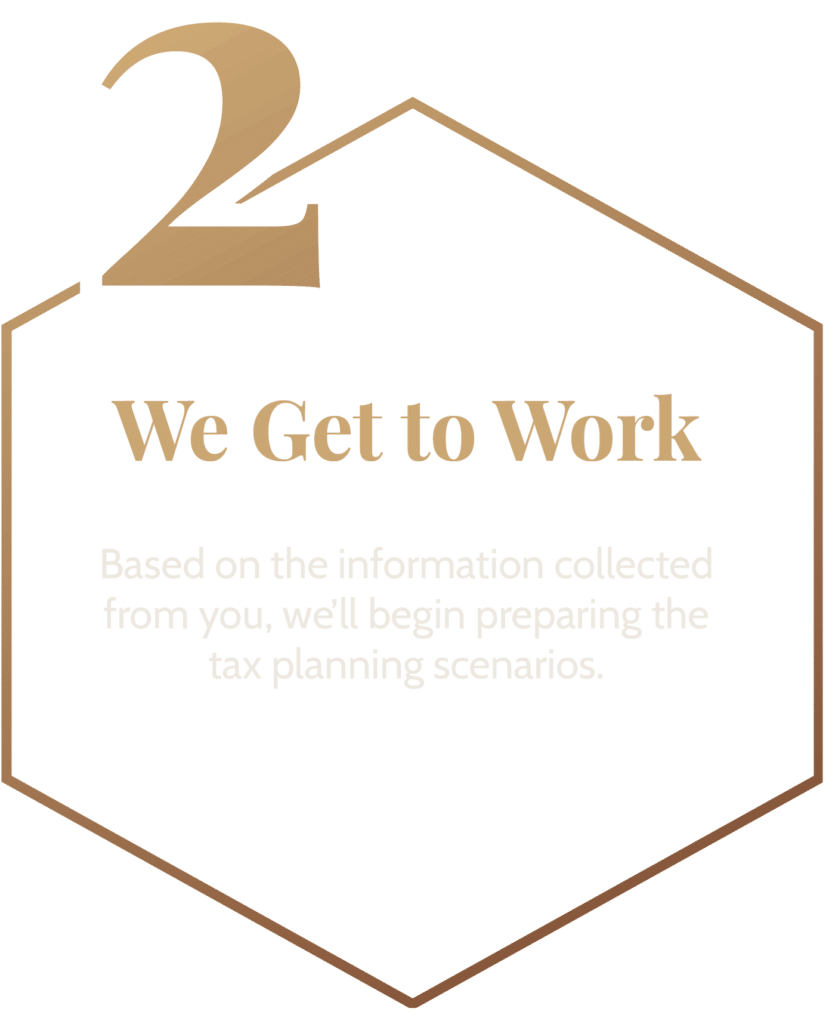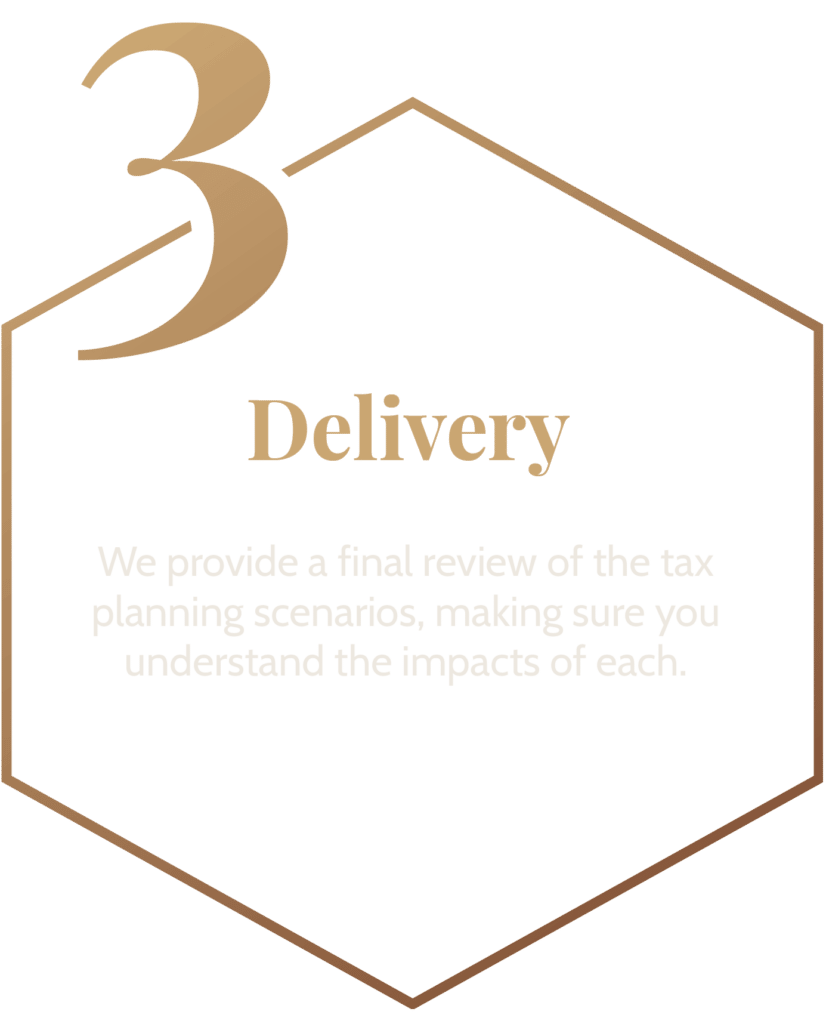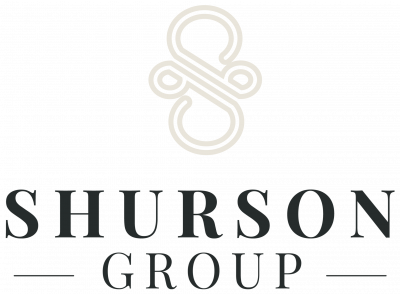Our secure portal is the safest way to send your documents to us, whether that be bank statements, banking information, past tax returns, Social Security numbers, tax documents, etc. We suggest using only PDFs, Word Documents, or Excel sheets. If sending an image, it needs to be a PNG file. Your portal also has a secure message feature where you can reach out to us as well. You will get notified anytime we message you in your portal or when we have uploaded a new document for you. We will get notified much the same: anytime you upload a new document or send us a message.
If you are new or do not have a portal, please call our office at 507.206.0677 or email [email protected] and our admin team will set you up with a portal and walk through set up steps with you.
You can access your portal through our menu link, “Client Portal,” or by bookmarking this quick link for ease. There is also a “forgot username/password” on this login screen, should you need to reset your password.









